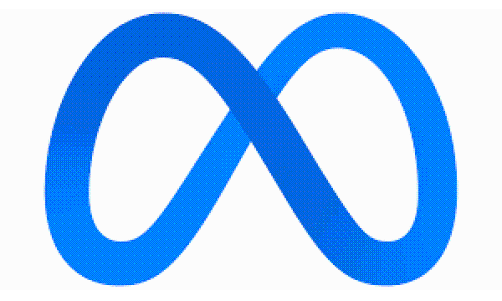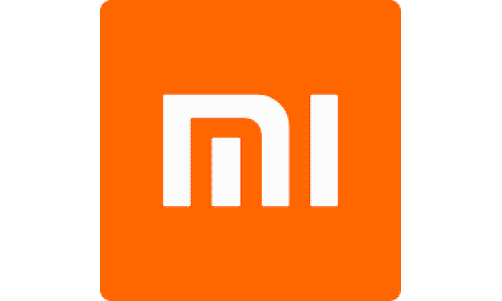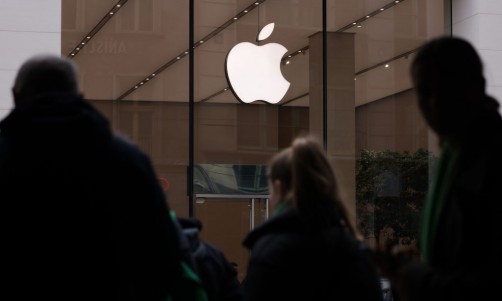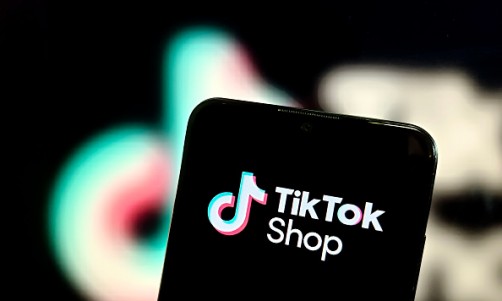Artificial Intelligence software learns by itself how to play video games. The new advances in AI technology may challenge our belief that being conscious and being smart go hand-in-hand.
Consciousness and intelligence have been considered throughout humankind's history as being closely allied concepts. It was supposed that, if you have lots of intelligence you are more conscious than the guy next door.
A smart individual would also be a very conscious one, a person who could tell you in detail about their experiences. However, the new advances in Artificial Intelligence technology unraveling the myth about the intimate relation between intelligence and consciousness.The latest advance from DeepMind comes to challenge this common sense.
DeepMind is a small company based in London, co-founded by Demis Hassabis in the year 2011. Demis was a British child chess prodigy, and currently computational neuroscientist and video game designer. Google, the giant American corporation is lately very interested in Artificial Intelligence. As a result, they bought DeepMind last year.
The new AI software developed by DeepMind teaches itself how to play video games. And what is even more astonishing, it often does that much better than human player counterparts. This new breakthrough in Artificial Intelligence technology was described in a study published in Nature.
Hassabis explained in a tech conference last year how his computer algorithm made possible that AI machines learn how to play the classic arcade game called Breakout. The game, which is a variant of Pong, requires the player to break some top of the screen bricks aligned by using a ball that bounces off the sidewalls and top.
The player loses one of three lives if the ball touches the bottom of the screen. Players can move a paddle along the bottom of the screen in order prevent that outcome by deflecting the ball upward. The Breakout game was co-created by Steve Wozniak from Apple. By today standards, Breakout is a primitive game, but yet compelling.
Hassabis' AI software algorithm, as the computational neuroscientist explained, started out randomly moving the paddle. At first, without much coordination, it was able to only occasionally hit the ball.
Soon after, after just an hour of training, the AI software learned by itself how to improve its performance and became able to frequently return the ball and breaking bricks. After only two hours of training, Hassabis' AI program has become better than most humans, returning balls even at steep angles and very fast.
Hassabis' team of programmers left the algorithm to continue to play on its own, and the AI software kept on improving. After just four hours of gaming, DeepMind's AI algorithm discovered a new and innovative strategy to Breakout that improved its performance way past that of any human.
The algorithm learned how to dig a tunnel through one of the sidewalls and sending the ball to destroy quickly from behind a large number of bricks. This very clever playing strategy is an impressive achievement for an AI machine.














